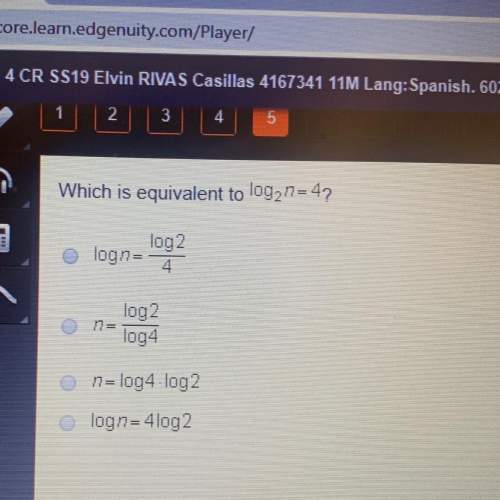Premise 1: The defendant has no alibi for the night of the theft.
Premise 2: The stolen goods...

Mathematics, 26.04.2020 05:18 anher
Premise 1: The defendant has no alibi for the night of the theft.
Premise 2: The stolen goods were found in the defendant's possession.
Premise 3: Two witnesses have identified the defendant as the thief.
Conclusion: The defendant is guilty of theft.
Decide whether the above argument is inductive or deductive.
tive.
Select an answer
If the above argument is inductive, decide if it is strong or weak. Select not applicable if the
argument is deductive.
Select an answer

Answers: 1


Another question on Mathematics

Mathematics, 21.06.2019 18:30
If you are trying to move an attached term across the equal sign (=), what operation would you use to move it?
Answers: 2

Mathematics, 21.06.2019 19:20
Which number line represents the solution set for the inequality - x 24?
Answers: 3


You know the right answer?
Questions





English, 05.05.2020 00:22

Mathematics, 05.05.2020 00:22



Mathematics, 05.05.2020 00:22

Mathematics, 05.05.2020 00:22

Engineering, 05.05.2020 00:22


Biology, 05.05.2020 00:22





History, 05.05.2020 00:22

Law, 05.05.2020 00:22

Mathematics, 05.05.2020 00:22




